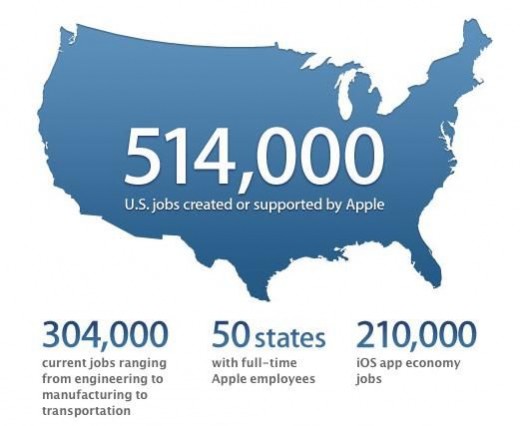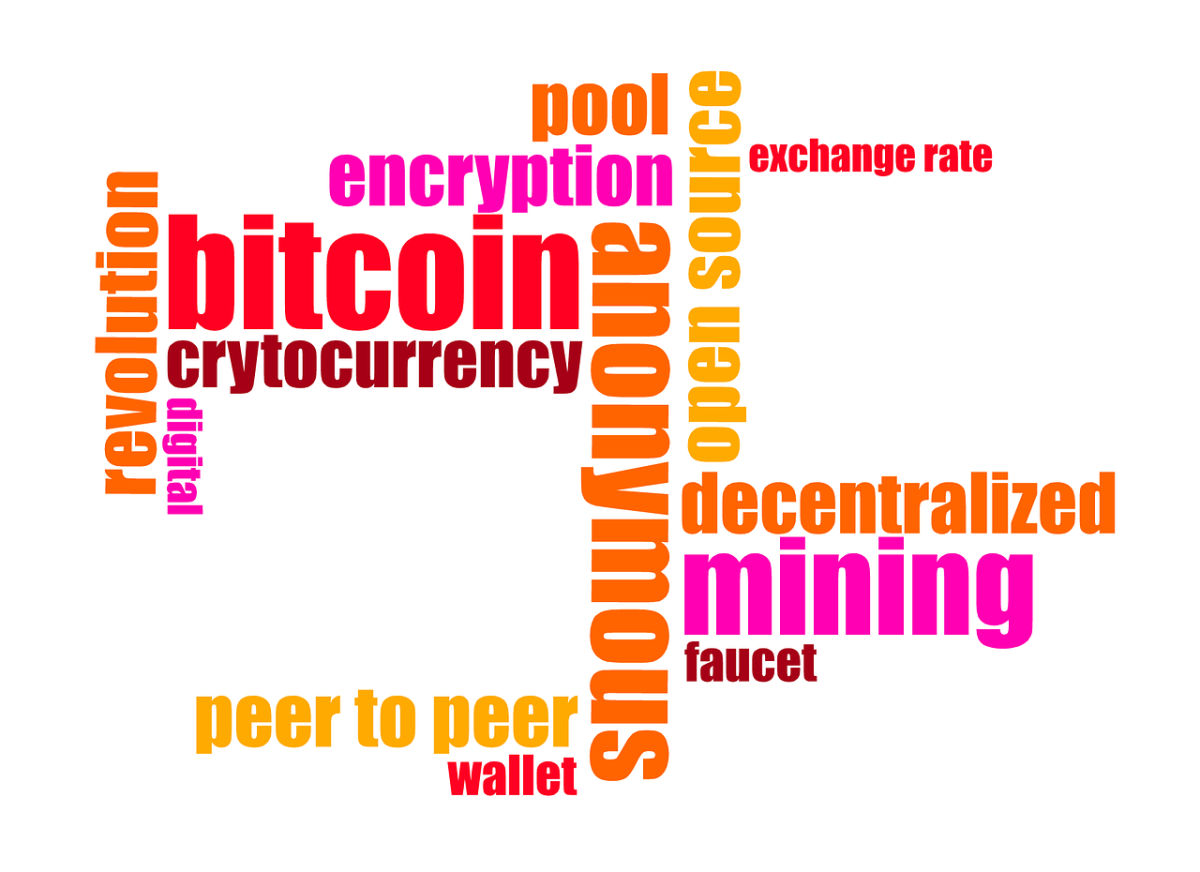Islamic Finance and Shariah Compliance Challenge
Islamic Finance and Shariah Compliance Challenges
1. Shariah Compliance
Shariah compliance of financial products is essential to ensure credibility of the products and institutions. It is, at the end of the day, what differentiates conventional from Islamic financial products.
New Product Development
Aside from Shariah compliance, another factor that is crucial to the development of the industry is the constant innovation and development of new products. Financial markets are increasing in sophistication; the environment is constantly changing and competition is increasing. Muslim investors need a range of products to meet their desire for diversification of their investments, based on their unique individual needs.
Current Improvements
Hence, there are some very important issues that face the Islamic Finance industry. And two of the more crucial ones, as we have seen, are regarding Shariah compliance and new product development.
Developing Talents
But at the end of the day, in order to address these challenges and to achieve further improvements, we cannot run away from the fact that we need talented people. Shariah scholars, in particular, have to play a greater role. Shariah Boards may have to operate differently in order to facilitate the innovation process, without compromising Islamic principles.
Ultimately, both customers and Islamic financial institutions benefit. Investors will have a range of products to choose from. Institutions will gain greater credibility and an increase in potential customers.
2. Islamic Capital Market
The first is that Islamic capital market products must be durable, reliable and replicable. This means that there is a need to balance product origination and innovation with efforts to ensure product sustainability. While issues that are commonly faced at the product development or market build-up stage must be dealt with, it is equally important to address issues that arise after the products have been introduced and marketed to ensure that they remain attractive and sustainable in the longer run.
These so-called ‘after-sales’ issues include the need for continuous disclosure and clarification of accountabilities to ensure adequate levels of investor protection and to help build a market that is credible and transparent.
The second is that products must be backed by clear legal protection. There must be sound legal documentation to protect the interest of all parties and appropriate sanctions which are enforceable in the ordinary courts of law. In addition, the legal mechanism should work in a manner to resolve all disputes effectively and expeditiously.
3. Challenges And Opportunities
· Shari'ah 'arbitrage' –
· Shari'ah compliance throughout the product life cycle –
· Issues for Shari'ah scholars –
· Human resources -
· Contract and documentation risk –
· Risk of contagion –
4. SUKUK
Practical Problems
A. Introduction
The evolution of Islamic finance is based on the concept of developing new financing techniques and instruments which are compatible with market acceptable banking and securities products.
B. Practical Aspects
Before I elaborate further on the challenges facing lawyers in addressing the big question, I will just mention certain examples of problems facing the construction of Sukuk, in particular Ijara Sukuk, being the most common instrument that is used for medium and long term financing.
The technique of Ijara Sukuk, in a simplified description, is based on four major steps/transactions:
1. Issuing Ijara Sukuk by the SPV to raise funds to purchase the asset from the corporate seeking finance ("Project Company").
2. Purchase of the asset by the SPV from the project company.
3. Lease of the asset by the SPV to the project company.
4. Finally, sale back of the asset to the project company at the end of the Ijara term by the SPV.
These steps/transactions must meet certain conditions to qualify as being Sharia compliant, according to the widely respected bodies such as FiqhAcademy of the OIC. However the engineering of Sukuk to meet these requirements faces practical problems, and the market has developed certain approaches to overcome such hurdles that can vary from case to case, or jurisdiction to jurisdiction.
I would like to share some of these with you:
1. Sequence
a) The purchase of the assets as well as its lease agreement is dated on the same closing date as the issue of Sukuk.
b) Furthermore, for transactions that cannot take place on the closing date, for example the sales back agreement, the parties rely on promise from the SPV to sell the asset back at the end of the Ijara term, dated for the closing date.
2. No Guarantee
Another condition is that the issuer of Sukuk (often an SPV), or the arranger may not guarantee the return on the Sukuk.
a) Sell the asset to the issuer (SPV) upon receipt of the agreed sale price from the Sukuk proceeds.
b) Take on lease the asset for the agreed period and the agreed lease rental.
c) Obtain a rating for the Sukuk by internationally recognized rating agencies.
d) Sometimes, obtain a bank guarantee from a conventional bank, securing the Ijara rental payments.
Such assurances can be viewed as an implied guarantee.
3. Independent Entities
At times the Islamic scholars require that the SPV and the project company must be independent entities.
To circumvent this condition, the SPV that is formed in practice is totally or partially owned by the project company, but this raises concerns about piercing of the corporate veil in event of a dispute.
4. Residual Value of the Asset
A major feature of the Sukuk is that the asset needs to be returned to the project company. To realize this end, various mechanisms are applied:
a) The title of the asset may be returned to the project company as a gift without consideration.
b) The project company is required to pay fair market value of the asset at the end of the lease period, which is established by an expert selected in advance.
c) The lessee acquires the asset against a nominal residual amount that is agreed in advance.
5. Valid Acquisition of the Asset
a) Registration Requirement: According to UAE laws the sale of real estate is not a consensual agreement, but rather a formal one that requires registration before the Land Department.
b) Foreign Ownership:
6. Default and Security
Since transfer of the title pursuant to the sales agreement is questionable, the chances of realizing such a security in the event of default are also questionable.
C. Prime Concern: Sham Agreement
These are some examples of the many practical issues facing structuring Sukuk that can be generally grouped into one prime concern:
The risk that the various layers of transaction utilized in Sukuk may be viewed as a façade or a sham aimed at disguising the conventional asset backed bond, which is prohibited under Sharia principles.
As you might be aware, UAE courts in dealing with such a transaction have the right and the duty to examine features of the transaction through discovering the intention of the parties on the basis of documentation used, and thus may recharacterize the transaction into a legal form they find most appropriate, regardless of the title of the agreement, or language used by the parties.
Furthermore, given the nascent nature of Islamic finance, the products have not been tested sufficiently before the courts of law, and the current economic boom gives rise to few disputes arising out of Islamic finance products. Therefore there is little basis to predict how the UAE courts will treat disputes arising from Sukuk transactions.
While some may view these concerns as theoretical, and an attempt by the lawyer to unnecessarily complicate the issues, but any adverse trends in the markets will bring these problems to the forefront.
PART II: Challenges
A lawyer may not be able to address all these issues in a clear cut manner due to the various challenges he would face in finding an answer, which can be summarized as follows:
A. Major Challenges
1. Legal Vacuum
2. Lack of Precedents
3. Standardization
B. Other Challenges
In addition to the difficulties mentioned above, other factors contribute to the uncertainty surrounding Sukuk transactions:
1. Absence of Centralized Sharia Compliance Board
2. Lack of Models
3. Multiple Jurisdictions
5. Conclusion
· In conclusion, I believe that the future of Islamic finance depend very much on the core fundamentals of Shariah compliance and new product development. Customers will demand from the institutions more choices of products, better returns and Shariah compatibility. To meet their customers’ needs, Shariah Boards will have to play a more active role in product development and work in close partnership with management. And because of the increasingly complex role that they have to play, Shariah Boards should be staffed by scholars who are trained in both modern finance and Shariah law.
· On its part, Muis will continue to develop such scholars. We are also committed to contribute to the development of new and innovative products, just like what we had innovated five years ago. We hope that the other players in the industry will also do likewise. With such efforts, we will see a more exciting future ahead for the Islamic finance industry.
· Let me conclude by reiterating my view that to enable the Islamic capital market to develop further and to tap the tremendous opportunities world-wide, we must move beyond trying to merely cater to the investment needs of Muslim investors to introducing products that are acceptable to all in the global financial arena. Hence our efforts must not be focussed merely on ensuring Shariah compliance but also in ensuring international compatibility and acceptability. Negative differentials, whether in the form of different legal, tax or accounting framework must be removed to ensure that Islamic capital market products and services are competitive with the best in the conventional market. At the end of the day, the pursuit of value is a common denominator amongst all investors and therefore the value proposition that Islamic capital market products and services can offer will make all the difference.
· From a practicing lawyer’s point of view, we feel there is a serious and pressing need to enact legislation regulating the various Islamic financial products, in order to maintain the growth and stability in the market, and there is no harm if such legislation would adopt the most liberal views of the various schools to structure new financing techniques and instruments which are compatible with the market acceptable banking and securities products.
· Preferably, passing of national legislation adopting the standards issued by widely respected organizations such as the Fiqh Academy and IIFM, will help in creating a unified international standard for determining Sharia compliance of Islamic financing products.
- Financial Derivatives between Western Legal Traditio...
The task of the present article is to examine the dynamics of derivatives in the global financial world. The nature of aderivative, its origin, and the rationale for using it are some of the questions that... - Islamic Financing – the real alternative to capita...
Islamic finance is nothing more than a method of monetary dealings that embodies all aspects of the transaction, unlike the existing system which merely concentrates on the returns that will be generated by conducting a particular deal. - Housing Finance Islamic Alternatives
The term Musharakah means joint venture where profits are shared amongst the partners as agreed between them and losses have to be borne by each partner according to their investment. Diminishing musyarakah or musyarakah mutanaiqisah is... - Shariah Based Islamic Insurance an Introduction
MAQASID E SHARIAH The Objectives of Shari'ah Many jurists have tried to explain the aims and objectives of Shari'ah upon which it is established. Among these the outstanding figures are the Malikite Abu Ishaq al-Shatibi, the Shafite... - Islamic Fund Structure - Unit Trust and Mutual Fund ...
Islamic Fund Structures Shariah Compliant Equity Funds Shari’ah Perspective Unit Trusts are based on the concept that risks and rewards are shared by the investors, employing the expertise of... - Islamic Private Equity and Venture Finance
Why is there growth in this industry? Key Factors Profits Professionals enjoy approximately 20% carry (25% - 30% in the best venture funds) - flock to this industry and provide product to investors Regional Macro Trends Economic... - Futures , Forwards and Islamic Law
We have seen oil going to $ 147 per barrel last year and sky rocketing of the all commodities prices on the commodities exchanges. Then collapse of the market. Have the things changed so fast that $ 147... - Islamic Project Finance Strcucture
Assumptions 1. FDI – Foreign Direct Investment – 100% FDI is allowed as priority sector Infrastructure Investment. 2. Tax – As priority sector investment government has... - Million Dollar Retirement Plan in Islamic Perspecti...
How to build $ 1 million plan for safe and secure future – Islamic Perspective Definition of Investment Planning INVESTMENT PLANNING: It is designed to help with investment strategies with the objective of generating positive return on... - Islamic Stock Market and Shariah
Islamic Finance Market o Definition of Financial Market A financial market may be defined simply as a market for the exchange of capital and credit in the economy. Money markets concentrate on... - Islamic Finance and Shariah Compliance Challenge
1. Shariah Compliance Shariah compliance of financial products is essential to ensure credibility of the products and institutions. It is, at the end of the day, what differentiates conventional from Islamic financial products. New... - Do's and Don't Islamic Finance
Islamic Economic System Islamic economics is based on the Shariah i.e., the Islamic law, which governs secular as well as religious activities. The basic objectives are to ensure general human well-being and socio-economic justice. Presented below...










